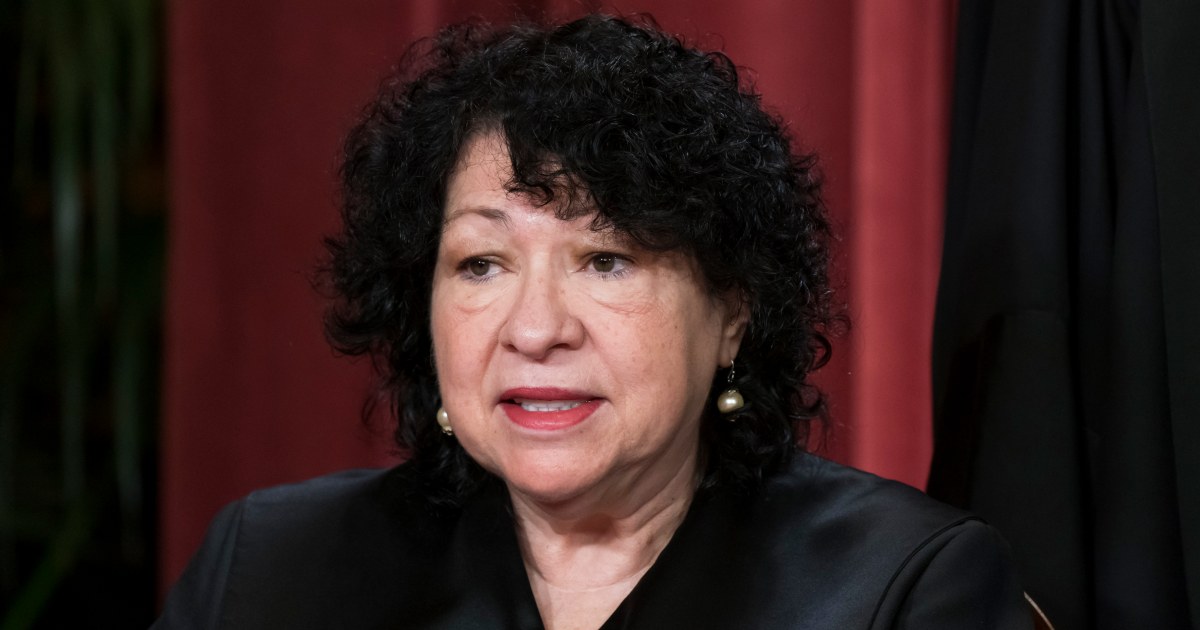Key takeaways:
- The Supreme Court of the United States ruled that a website designer has the right to refuse to create websites for same-sex weddings.
- Justice Sonia Sotomayor issued a 38-page dissent, noting that businesses have sought to discriminate against certain groups.
- The ruling has been met with criticism from civil rights groups, who argue that it will lead to more discrimination against the LGBTQ community.
In a landmark 6-3 decision, the Supreme Court of the United States ruled on Friday that a Colorado website designer, Lorie Smith, has a free speech right under the Constitution’s First Amendment to refuse to create websites for same-sex weddings. The ruling was split along ideological lines, with the right-wing majority issuing an unprecedented decision.
Justice Sonia Sotomayor issued a 38-page dissent, in which she lamented the historic discrimination and current reactionary backlash against the LGBTQ community. She noted that businesses have sought to discriminate against certain groups, such as women, Black people, Jewish people, disabled people, and members of religious minorities.
“The Supreme Court of the United States declares that a particular kind of business, though open to the public, has a constitutional right to refuse to serve members of a protected class,” Sotomayor wrote. “When the civil rights and women’s rights movements sought equality in public life, some public establishments refused. Some even claimed, based on sincere religious beliefs, constitutional rights to discriminate.”
Sotomayor said that the ruling was “profoundly wrong” and condemned the LGBTQ community to “second-class status.” She argued that the court had issued a “new license to discriminate” against LGBTQ people.
The ruling has been met with criticism from civil rights groups, who argue that it will lead to more discrimination against the LGBTQ community. It remains to be seen how this ruling will affect the rights of LGBTQ people in the United States.



Be First to Comment